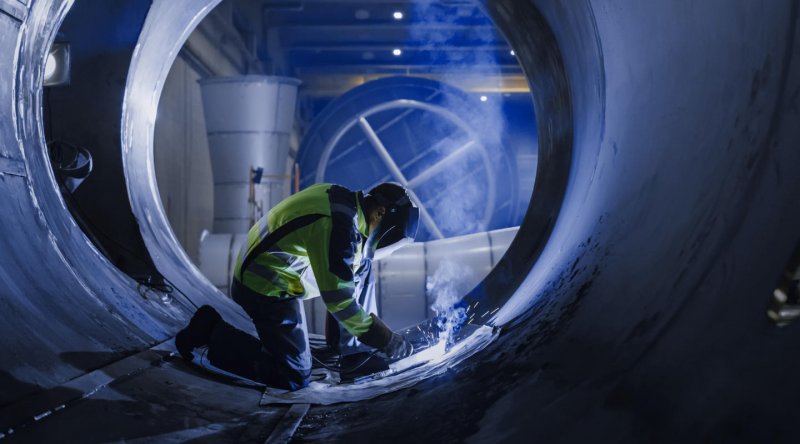Improving the still far from the perfect situation of working people is only one part of the task. As we strive to make decent work a reality, we must also bear in mind the challenges of the future. Among the phenomena that will have a considerable impact is how our work and working life will look shortly:
- climate change. The economic model we know from the second half of the 20th century has clearly contributed to undesirable and dangerous climate change. In order to avoid a climate catastrophe, we must not only remodel many branches of the economy but above all our everyday life. These changes appear to be inevitable and will affect millions of workers around the world. They must be implemented with concern for these workers and their jobs, for the quality of employment in a new, green model. If this concern is lacking, social resistance will prevent the effective implementation of changes and the effects of unsuccessful interventions will be no less painful than climate change;
- automation and technological progress. Never before in history have new solutions and tools been created so quickly. Nor has it ever happened that developing technology revolutionised the daily lives of so many people at such a rapid pace. Artificial intelligence, machines performing complex cognitive tasks, computers capable of replacing humans in such advanced activities as medical diagnosis are no longer science fiction. It is our present. Technology can solve many problems that humanity is struggling with. It can improve the quality of life for millions of people. Inevitably, it will also bring about changes in the way we work and in the entire model of work in its broadest sense. What will we do when machines replace us in our current activities? Will we design them to replace us, or will they just make our work more comfortable? Will the demand for people's work decrease with the development of technology? Are we able to design the future in such a way that technology will help us to create as many of the best possible jobs as possible instead of reducing the need for the workforce?;
- VUCA times. The times we live in are increasingly described as VUCA times from the first letters of the English words describing volatility, uncertainty, complexity and ambiguity. In the third decade of the 21st century, we will have to say goodbye to the desire for predictability or simplicity of the world around us. The outbreak of the COVID 19 pandemic at the beginning of 2020 showed perfectly well how many assumptions can change practically overnight and how quickly one has to learn to adapt to the new situation. This is, of course, an extreme example, but the above-mentioned rapid development of new technologies has long fed the volatility of our world. A large proportion of young people who are now starting secondary education will, in the future, be in professions which do not yet exist. The model of a 'whole life in one job' is also coming to an end. When thinking about the labour market of the future, it is worth asking ourselves how to build good, stable jobs in an ever-changing world. And it is worth thinking about this today so that the changes do not surprise us so much.
To conclude this section, it is worth adding that the developing technology had given us opportunities that none of the generations before us had. These opportunities concern not only production but also the solution of technological problems when crossing successive boundaries of cognition. They concern, above all, the possibility of communicating and collecting and processing knowledge. Never before in history have so many people had access to so much information and knowledge sources. And we have never been able to communicate with so many people in such a short time. This is an excellent foundation to meet the challenges described. Success depends only on what goals we set ourselves, what values we will uphold and how well we can work together.








